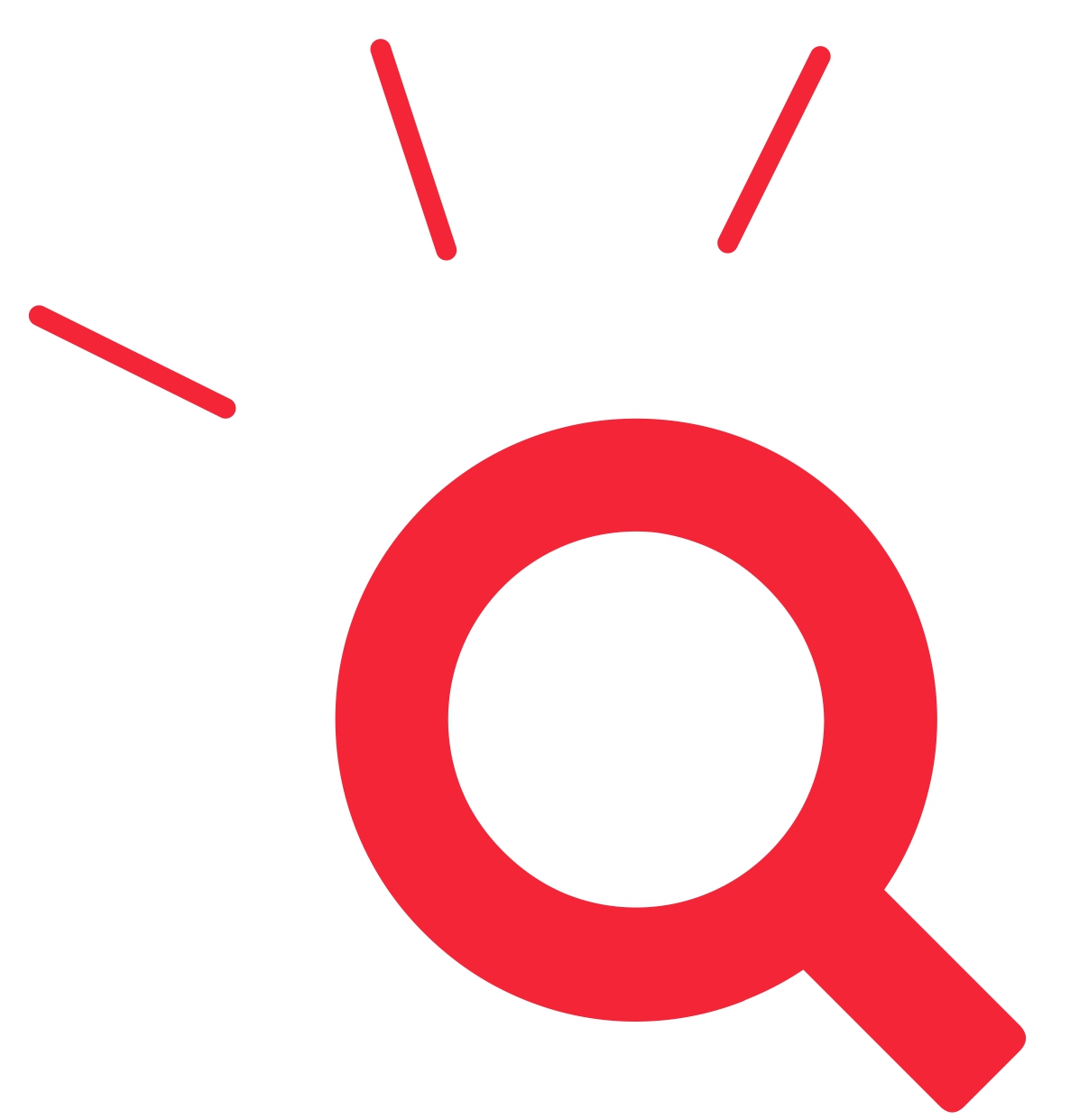.jpg)
Breaking Free From the Cubicle: Redefining Work in PR
Who would have thought that decades later, the simple notion of working from home would evolve into a cultural revolution, redefining how we work and what work even means?
The benefits of remote work are undeniable. It allows employees to align their work with their lives, fostering a sense of balance and purpose that’s hard to achieve when tethered to a desk from 9 to 5. Something magical happens when people are trusted to own their responsibilities: they step up, deliver, and innovate. The focus shifts from simply showing up to contributing in meaningful ways.
In 1975, a NASA engineer named Jack Nilles introduced the term “telecommuting” as part of a project to reduce traffic congestion. At the time, working away from a traditional office seemed closer to science fiction than reality. Who would have thought that decades later, the simple notion of working from home would evolve into a cultural revolution, redefining how we work and what work even means? Yet, here we are, living through a transformation that once seemed improbable, with its triumphs and growing pains.
The shift to remote work didn’t happen overnight. It began as a niche experiment and grew into a movement marked by companies like Automattic, the creators of WordPress, closing their San Francisco office in 2013. Not because of financial troubles but because employees stopped coming in. They realized they didn’t need the office anymore; they could be just as—if not more—productive from home. At the time, it seemed like a quirky, unconventional decision. But then, 2020 hit.
The COVID-19 pandemic catapulted remote work into the mainstream almost instantly. Suddenly, companies clinging to traditional office models had no choice but to adapt. Microsoft CEO Satya Nadella famously remarked, “We’ve seen two years’ digital transformation in two months.” The world discovered an uncomfortable yet liberating truth: desks and office spaces aren’t what drive results—trust, clarity, and flexibility are.
Of course, this isn’t just about tools like Zoom or Slack. Remote work thrives on something far more intangible: TRUST!
Organizations like GitLab, which have operated remotely for years, built their success by trusting their employees to deliver results. Similarly, at ElleQuinn, remote work wasn’t a reactive change—it was a deliberate choice long before it became the norm. For us, this wasn’t just about where we worked; it was also about how we worked and how we could create space for creativity and agility.
The benefits of remote work are undeniable. It allows employees to align their work with their lives, fostering a sense of balance and purpose that’s hard to achieve when tethered to a desk from 9 to 5. Something magical happens when people are trusted to own their responsibilities: they step up, deliver, and innovate. The focus shifts from simply showing up to contributing in meaningful ways.
But let’s not romanticise it. Remote work isn’t perfect, and it isn’t easy. It demands a rethinking of everything from leadership to collaboration. For all their flaws, Offices often create natural opportunities for connection and camaraderie—something remote teams have to work hard to replicate. And not everyone thrives in this environment. Some miss the structure of an office, while others struggle with isolation. Managers, too, have to learn a new way of leading: one that values outcomes over optics and communication over control.
These challenges aren’t insurmountable, but they’re real. Remote work isn’t just about handing out laptops and sending people home; it’s about fundamentally changing how we think about work. It’s about reimagining metrics, redefining success, and breaking free from the notion that productivity equals presenteeism.
Remote work isn’t a one-size-fits-all solution but a step toward a more human way of working. It allows people to do their best work in a way that fits their lives and challenges companies to rethink what matters. At ElleQuinn, we’ve embraced these challenges head-on. We’ve built a culture rooted in trust and clarity because we believe that’s where creativity and impact flourish. Our mantra, “Remote Work, Real Impact,” isn’t just a slogan—it’s how we operate daily. We’ve tackled major campaigns, navigated crises, and delivered exceptional results—not only while working remotely but also as a result of it.
Because although our work may be remote, our ambitions—and the results—are always within reach.
.jpg)
.jpg)
.jpg)
.jpg)
.jpg)
.jpg)

.jpg)
.jpg)



